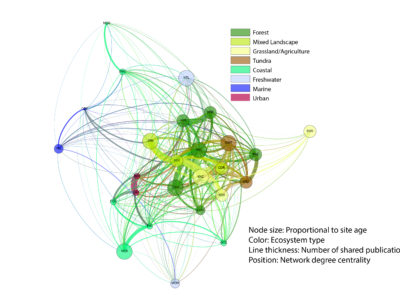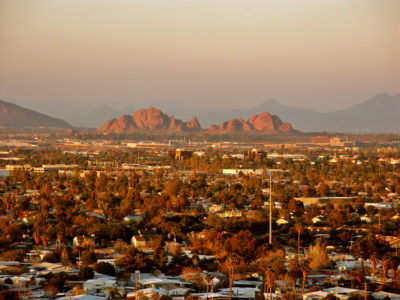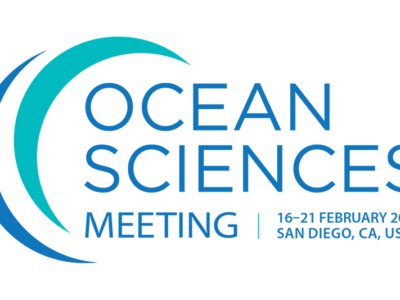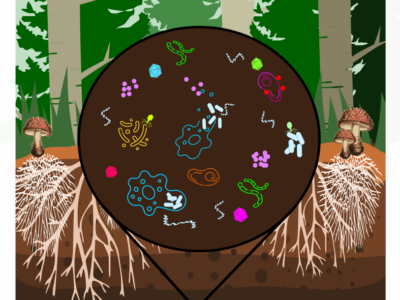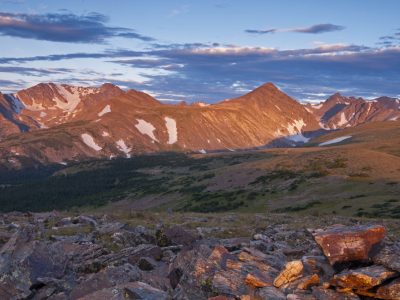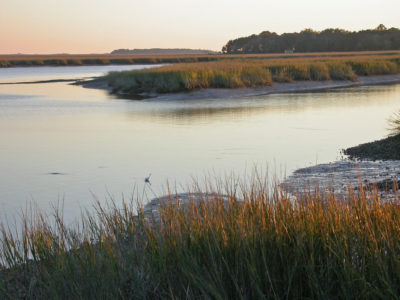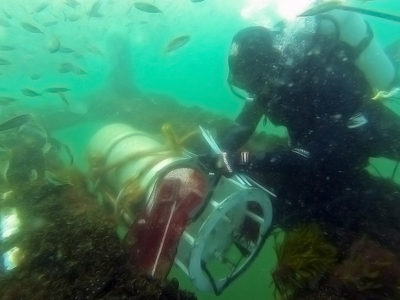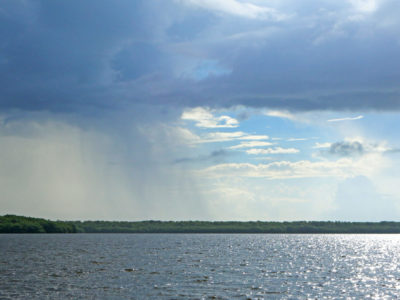Can seagrass meadows mitigate climate change?
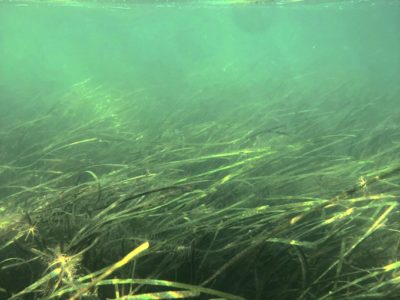
As anthropogenic carbon dioxide emissions continue to increase, scientists have now recognized seagrass meadows—which typically have high rates of carbon storage—as important ‘blue carbon’ sinks. However, rising ocean temperatures threaten seagrass meadows, along with their ability to retain carbon. This underlines the need for precise ecosystem data on the vulnerability and resilience of these meadows… Read more »

